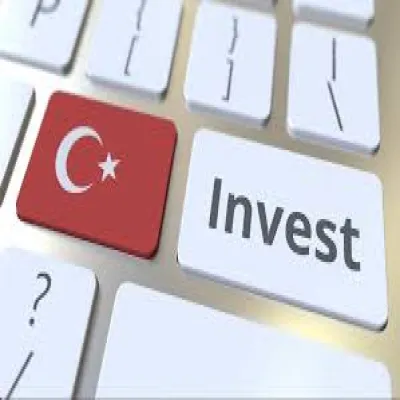By. Justin Mays
A weaker lira and inflationary pressures have driven demand for cryptocurrency in Turkey. Traditionally, gold, real estate investment in Turkey, and stable foreign currencies like the Euro have been how Turks chose to hold their savings to protect themselves from high inflation. After the dismissal of Turkey’s Central Bank governor Naci Agbal on March 20, reportedly in disagreement with Erdo?an over interest rate hikes, the lira plummeted more than 14 percent against the US dollar. Between March 20-24, $2.8 billion USD worth of crypto was traded compared to $12 million during the same period last year. The number of searches for Bitcoin reached an all-time high on Turkish Google searches at 566 percent in the hours following news of the lira’s fall. Rapid growth in popularity has occurred with a lack in confidence for fiat currency and there is currently no regulatory framework for cryptocurrency markets in Turkey. At the beginning of 2021 BtcTurk and Paribu, two large Turkish crypto exchanges, were trading in excess of $1 billion daily. More and more of Turkey’s young and tech savvy population are being exposed to crypto through courses at universities like the Istanbul Blockchain and Innovation Center at Bahcesehir University, to support blockchain education and encourage wider use of the technology. Turkish football clubs have even embraced the technology through blockchain based fan tokens.
Worldwide, people have had their eyes on Bitcoin with its record-breaking progress in 2021 with the most recent high of $63,729 and the corporate world’s growing acceptance of the technology. A 2019 survey by German data company Statista claimed that one in five Turks had some form of “crypto exposure” while in a crypto report published in 2020 by Turkey’s Information Technologies and Communications Authority (ICTA) estimated that around 3 percent of the total population uses crypto. Who knows the next property for sale in Turkey you may be interested in could be listed in Bitcoin soon!
















